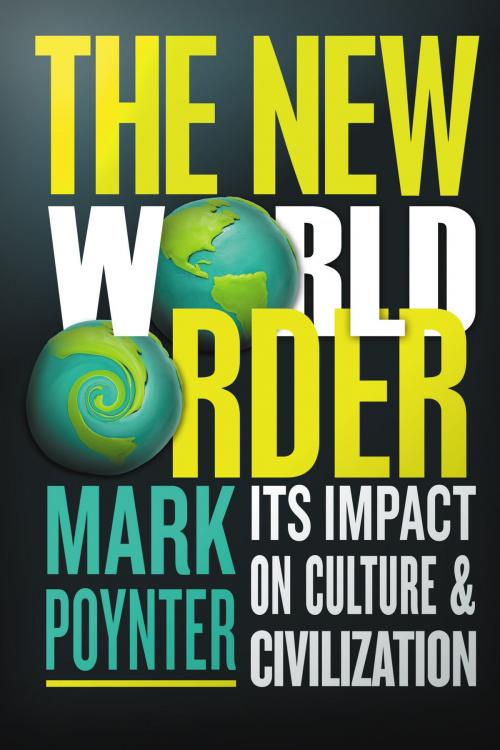| Author: | Mark Poynter | ISBN: | 9781909421592 |
| Publisher: | Arena Books | Publication: | May 5, 2015 |
| Imprint: | Arena Books | Language: | English |
| Author: | Mark Poynter |
| ISBN: | 9781909421592 |
| Publisher: | Arena Books |
| Publication: | May 5, 2015 |
| Imprint: | Arena Books |
| Language: | English |
At the end of the Cold War two famous articles were published which produced contrasting visions of a new world order, namely: Francis Fukuyama’s The End of History (1989) and Samuel P. Huntington’s The Clash of Civilizations (1993). The content of these two articles not only framed the post-cold war debate but the prospect of two great geo-political realities capable of influencing global events.
Fukuyama’s The End of History provided an optimistic prediction of a New World Order in which liberal democracy and capitalism would triumph over all other ideologies to form a lasting social order of peace and prosperity. In contrast, Huntington’s article was far more pessimistic in its future predictions and argued that the post-cold war would produce a multi-polar world of regional tensions and conflict in which civilizations were destined to clash.
As global capitalism leads towards greater levels of economic interdependence a universal culture of mass consumption will become increasingly evident in all societies. This will create a growing population of consumers whose ideas, tastes and aspirations will increasingly reflect Western ideals. The effects of globalization may provoke feelings of hostility at the imposition of liberal democratic values but such hostility will not necessarily lead to a clash of civilizations.
In a New World Order civilizations will need to embrace global capitalism or risk becoming increasingly alienated and disempowered. National and cultural identities may strengthen as a result of globalization but this will not undermine the global balance of power. Therefore, the strength of opposition to global capitalism will be ineffective in preventing the spread of consumer culture and civilizations will exist as benign entities within an increasingly globalized world.
At the end of the Cold War two famous articles were published which produced contrasting visions of a new world order, namely: Francis Fukuyama’s The End of History (1989) and Samuel P. Huntington’s The Clash of Civilizations (1993). The content of these two articles not only framed the post-cold war debate but the prospect of two great geo-political realities capable of influencing global events.
Fukuyama’s The End of History provided an optimistic prediction of a New World Order in which liberal democracy and capitalism would triumph over all other ideologies to form a lasting social order of peace and prosperity. In contrast, Huntington’s article was far more pessimistic in its future predictions and argued that the post-cold war would produce a multi-polar world of regional tensions and conflict in which civilizations were destined to clash.
As global capitalism leads towards greater levels of economic interdependence a universal culture of mass consumption will become increasingly evident in all societies. This will create a growing population of consumers whose ideas, tastes and aspirations will increasingly reflect Western ideals. The effects of globalization may provoke feelings of hostility at the imposition of liberal democratic values but such hostility will not necessarily lead to a clash of civilizations.
In a New World Order civilizations will need to embrace global capitalism or risk becoming increasingly alienated and disempowered. National and cultural identities may strengthen as a result of globalization but this will not undermine the global balance of power. Therefore, the strength of opposition to global capitalism will be ineffective in preventing the spread of consumer culture and civilizations will exist as benign entities within an increasingly globalized world.















